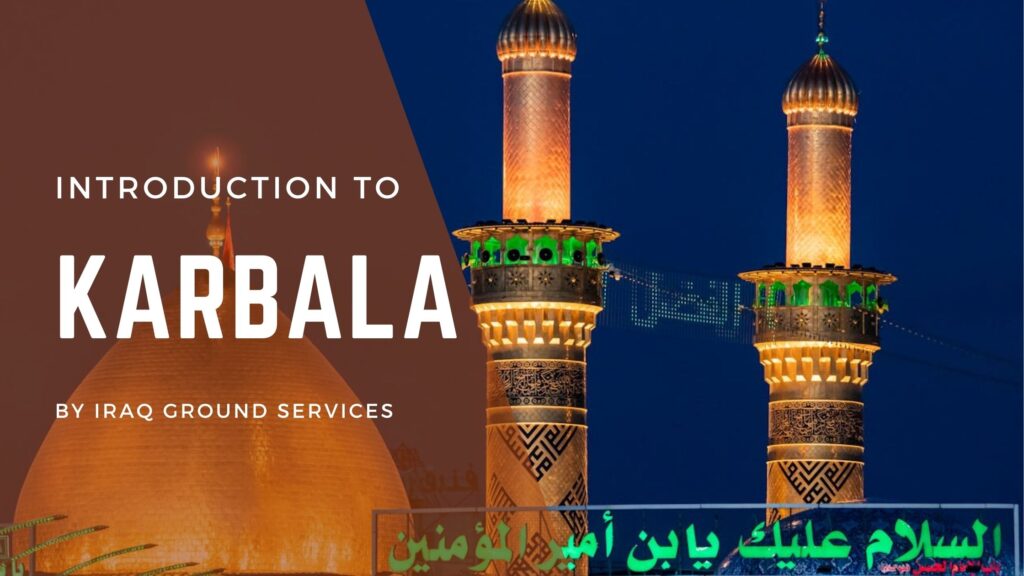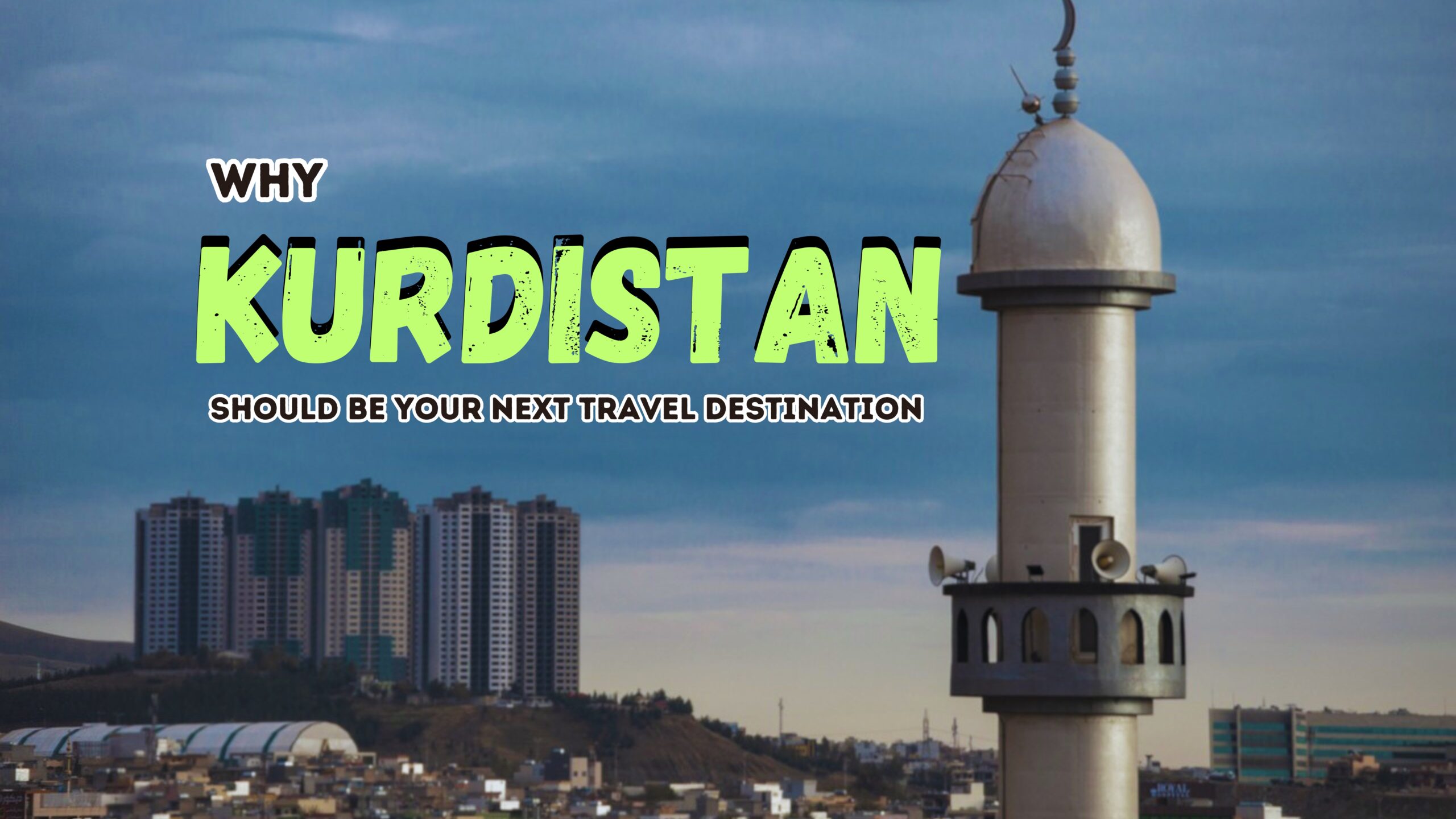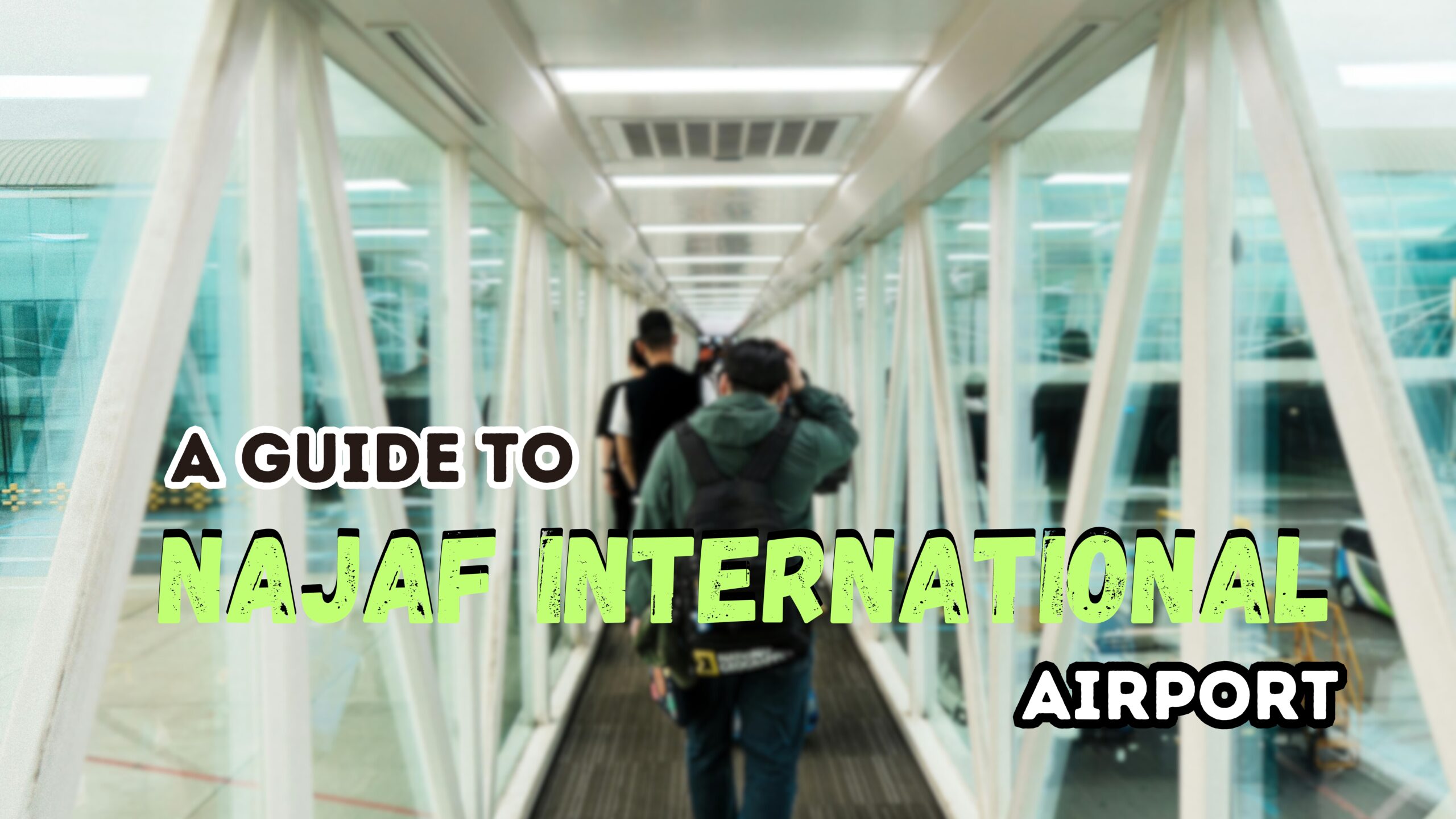Karbala is a historic city in Iraq, famous for the 680 CE Battle of Karbala, a pivotal event in Shia Sect. It’s a major pilgrimage site with significant religious and cultural heritage.
What is Historical Significance of Karbala?
The Battle of Karbala, fought on October 10, 680 CE, was a defining moment in Islamic history. It was a confrontation between the forces of Yazid I, the Umayyad caliph, and Hussain ibn Ali, the grandson of Prophet Muhammad. The battle is celebrated for its profound implications on Islamic leadership and justice, marking the beginning of a new era in the Shia tradition.
What is Religious Importance of Karbala City?
Karbala holds immense religious significance, particularly for Shia Muslims. The city is a focal point for commemorations of Ashura, marking the martyrdom of Hussain ibn Ali. Pilgrims visit Karbala to honor Hussain’s sacrifice and reflect on themes of justice, resistance, and faith.
Architectural and Cultural Heritage of the city Karbala
The shrines of Hussain ibn Ali and Abbas ibn Ali are central to Karbala’s architecture, featuring intricate designs and grand domes. These sites are not only places of worship but also embody the city’s rich artistic and cultural heritage.
Modernization in Karbala
Today, Karbala is a blend of historical reverence and modern development. The city has seen significant urban growth and modernization while maintaining its religious and cultural traditions. Economic activities, particularly those related to pilgrimage, play a crucial role in the city’s life.
Annual Pilgrimages and Festivals in Karbala City
Ashura and Arbaeen are pivotal events in Karbala, drawing millions of pilgrims. Ashura commemorates the martyrdom of Hussain, while Arbaeen, marking 40 days after Ashura, celebrates the end of mourning and the resilience of the Shia faith.
Local Cuisine and Traditions
Karbala’s cuisine features traditional dishes such as kebabs, pilafs, and unique sweets. The city’s festivals and cultural practices, including traditional music and folk dances, reflect its rich heritage and the warmth of its community.
Challenges and Resilience
Karbala has faced various challenges, including conflict and reconstruction efforts. Despite these difficulties, the city has demonstrated remarkable resilience, with ongoing efforts to rebuild and preserve its cultural and religious landmarks.
Educational and Cultural Institutions
Karbala is home to numerous religious schools and cultural institutions, including seminaries that play a significant role in the education of Shia scholars. Cultural centers and museums in the city help preserve and promote its historical and religious heritage.
Tourism and Visitor Experience
For visitors, Karbala offers a unique experience blending spiritual reflection and cultural exploration. Pilgrims and tourists are encouraged to respect local customs and participate in the vibrant local life, from exploring historical sites to enjoying local cuisine.
Karbala’s Role in Interfaith Dialogue
Karbala’s significance extends beyond Islam, serving as a venue for interfaith dialogue and understanding. The city’s experiences and teachings foster conversations between different religious communities, promoting mutual respect and shared values.



